
Conference Purpose:
A one day conference featuring plenary talks, student talks, panel on effective mentoring, poster session, AWM Student Chapter discussion, and tutorials at all levels.
The conference objective is to introduce students and faculty, in particular women, to ongoing research in New England and bridge gaps between universities. We aim to connect women in similar mathematical fields, as well as promote collaboration and share strategies for addressing issues facing women and other underrepresented groups in math. The conference is open to everyone, regardless of gender identity.
This conference is organized in Cooperation with the Association for Women in Mathematics (AWM) and supports the Non-Discrimination Statement of the Association for Women in Mathematics.
We would like to gratefully acknowledge financial support from the National Science Foundation (Division of Mathematical Sciences) and the Lefschetz Center for Dynamical Systems, Brown University.
Local organizing committee:
Stephanie Dodson
Karen Larson
Amanda Howard
Anna Lischke
Scientific committee:
Stephanie Dodson (Brown University)
Karen Larson (Brown University)
Amanda Howard (Brown University)
Anna Lischke (Brown University)
Victoria Day (U. Mass, Amherst)
Siddhi Krishna (Boston College)
Professor Kavita Ramanan (Brown University)
Contact winrs.ne@gmail.com or awm@brown.edu with questions.
Schedule
The full schedule with abstracts is available as a pdf here
| 9:15 - 10:00 | Check in | 170 Hope Street Lobby | |
| 9:45 - 10:00 | Introduction and Welcome | Barus and Holley 168 | Stephanie Dodson |
| 10:00 - 11:00 | Plenary Lecture | Barus and Holley 168 | Professor Mary Lou Zeeman |
| 11:10 - 11:50 | Contributed Talks, A-E | Barus and Holley | |
| 12:00 - 1:00 | Lunch | 170 Hope Street and 182 George street | |
| 1:00 - 1:10 | Introduction | Barus and Holley 168 | Professor Kavita Ramanan |
| 1:10 - 2:10 | Plenary Lecture | Barus and Holley 168 | Professor Moon Duchin |
| 2:20 - 2:50 | Contributed Talks, F-J | Barus and Holley | |
| 3:00 - 4:00 | Tutorials | Barus and Holley 168 Barus and Holley 161 Barus and Holley 190 |
Professor Linda Ness Dan Nichols Dr. Nicolás Trillos |
| 4:00 - 4:30 | Poster Session | 170 Hope Street | |
| 4:30 - 5:00 | Math Corners | 170 Hope Street | |
| 5:00 - 5:45 | Panel | Barus and Holley 168 |
Lunch
AWM chapter members are invited to share their lunch in 182 George St on the main floor and
discuss ideas for chapter events and programs. Lunch stations will also be set up in 170 Hope
St on the first and third floors, with additional seating available on the second floor. Vegan and
gluten-free lunches will be provided in 170 Hope St, room 207 for those who requested them.
Snacks and coffee will be served in 170 Hope St concurrently with the Poster Session and
Math Corners discussion period, from 4 pm to 5 pm.
Math Corners
The organizers invite all attendees to enjoy a snack and coffee in 170 Hope St from 4:00 pm - 5:00 pm. At 4:30 pm, after the poster session, we will have designated areas of the building by mathematical topic to encourage those interested in a given topic to meet and discuss. The topic areas will be marked with signage throughout the building, and include the following:| Topic | Location |
| Mathematical Biology | Second Floor |
| Dynamical Systems and PDEs | Second Floor |
| Analysis | Second Floor |
| Financial Mathematics | Third Floor |
| Statistics | Third Floor |
| Machine Learning | Third Floor |
| Topology | Room 108 |
| Geometry | Room 108 |
| Group Theory | Room 118 |
| Number Theory | Room 118 |
Contributed Talks
Session A
Chair: Weijie Peng
Barus and Holley 168
- Weijie Peng
- Yanqi Zhang
- Yaohua Zhang
Session B
Chair: Veronica Ciocanel
Barus and Holley 190
- Veronica Ciocanel
- Konstandinos Kotsiopoulos
- Hwayeon Ryu
Session C
Chair: F. Patricia Medina
Barus and Holley 157
- F. Patricia Medina
- David Miller
Session D
Chair: Victoria Day
Barus and Holley 159
- Heather Fang
- Robin Koytcheff
- Melissa Zhang
Session E
Chair: Pooja Agarwal
Barus and Holley 161
- Sarah Rebekah Childs
- Nina Holden
- Sahinde Dogruer Akgul
Session F
Chair: Karen Larson
Barus and Holley 168
- Angela Vierling-Claassen
- Nadejda Drenska
Session G
Chair: Patrick Rebeschini
Barus and Holley 190
- Patrick Rebeschini
- Patricia Alonso Ruiz
Session H
Chair: Aslihan Demirkaya
Barus and Holley 157
- Aslihan Demirkaya
- Aden Forrow
Session J
Chair: Alexandria Volkening
Barus and Holley 161
- Alexandria Volkening
- Yixuan He
Electronic Posters
- Katherine Moore
- Jiahua Jiang
- Ivana Petrovic
Posters
- Abdul Hasib Rahimyar and Hieu Nguyen
- Ashley Crane
- Yingjie Qian
- Frida Randen
- Sarah Iams
- Madison Guitard
- Pooja Agarwal
- Harjasleen Malvai
Speakers
Plenary Speakers
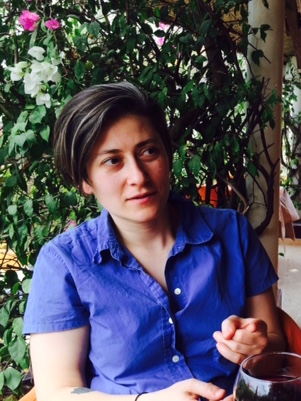 |
How things spread out Abstract: Hyperbolicity captures a bunch of equivalent metric phenomena having to do with what you might call "rapid spreading out." I'll survey a variety of interrelated spreading-out theorems, with applications.
|
| |
Mathematical modeling: from the menstrual cycle to resilience
Abstract: How do we find the problems we work on? Sometimes we choose them, and sometimes it feels like they choose us. I’ll describe some of the modeling questions that I find captivating, and how they have guided my career.
|
Tutorials
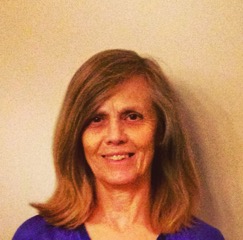
|
The Product Formula Representation for Measures on Dyadic Sets and Applications to Data
Abstract: Pre-processing is one of the most time consuming and least transparent phases in analysis of a data set. The lack of transparency often makes reproducibility and replicability of the data analysis significantly more difficult. Pre-processing methods which output instances of canonical representations with a theoretical foundation begin to address this issue. Such representations permit comparison of different pre-processing methods for the same data set and provide a data structure instance which can be input into a general purpose data analysis algorithm. |
 |
Public-key Cryptography with Elliptic Curves
Abstract: In the last several decades, public-key encryption algorithms based on number theoretic concepts have become essential for secure digital communications. I will give a brief overview of public-key cryptography and describe how messages can be securely encrypted and decrypted using elliptic curves over finite fields.
|
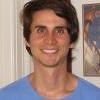 |
PDEs and Machine Learning: How one mathematician survives the age of data analysis.Nicolás García Trillos Abstract: The boom of machine learning and data analysis in recent years has created opportunities for computer scientists, statisticians and people from a large variety of disciplines. As someone with a more pure mathematical background how can one take advantage of these opportunities? In this tutorial I will share my own story: modern analytical tools from PDE theory, calculus of variations, geometric measure theory, optimal transport and random geometric graphs can be put together to shed light on the behavior of machine learning procedures. Conversely, modern statistical techniques can be used for better modeling of physical phenomena described by PDEs of different kinds. Biography: Nicolas Garcia Trillos is a Prager assistant professor in the Division of Applied Mathematics at Brown University. He received his PhD in mathematical sciences from Carnegie Mellon University in 2015. |
Conversations on Mentoring Panelists
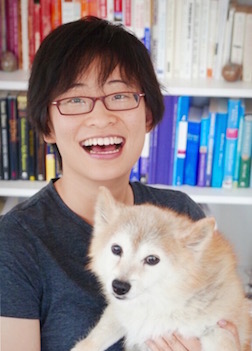 |
Melody Chan: I work in combinatorial algebraic geometry, tropical geometry, and combinatorics. I was an undergraduate at Yale and spent time at Cambridge, Berkeley, and Harvard before starting as an assistant professor in the math department at Brown University in 2015. |
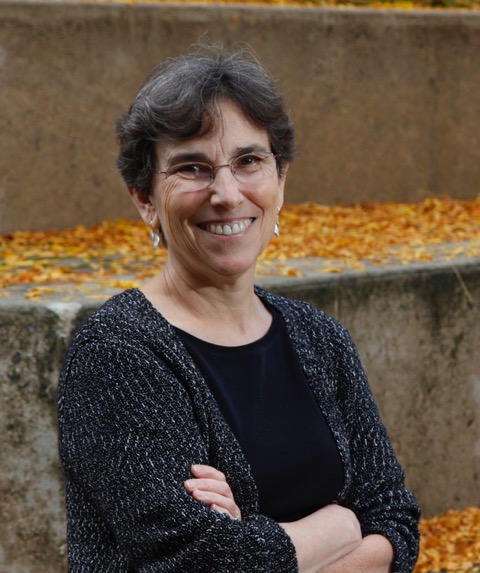 |
Ruth Charney: Ruth Charney is the Theodore and Evelyn Berenson Professor of Mathematics at Brandeis University. She received her PhD from Princeton University in 1977 and held postdoctoral positions at UC Berkeley, and Yale University. She then spent nearly 20 years on the Ohio State University faculty before returning to Brandeis, her undergraduate alma mater, in 2003.
Charney is a Fellow of the American Mathematical Society (AMS). She has served as President of the Association for Women in Mathematics (AWM), Vice-President of the AMS and Member of the Board of Trustees of AMS. Her research involves the interplay between topology and algebra. Her work spans several areas of mathematics, including K-theory, algebraic topology, and her current area of interest, geometric group theory. She also enjoys giving public lectures that offer the general public insight into the beauty of abstract mathematics. |
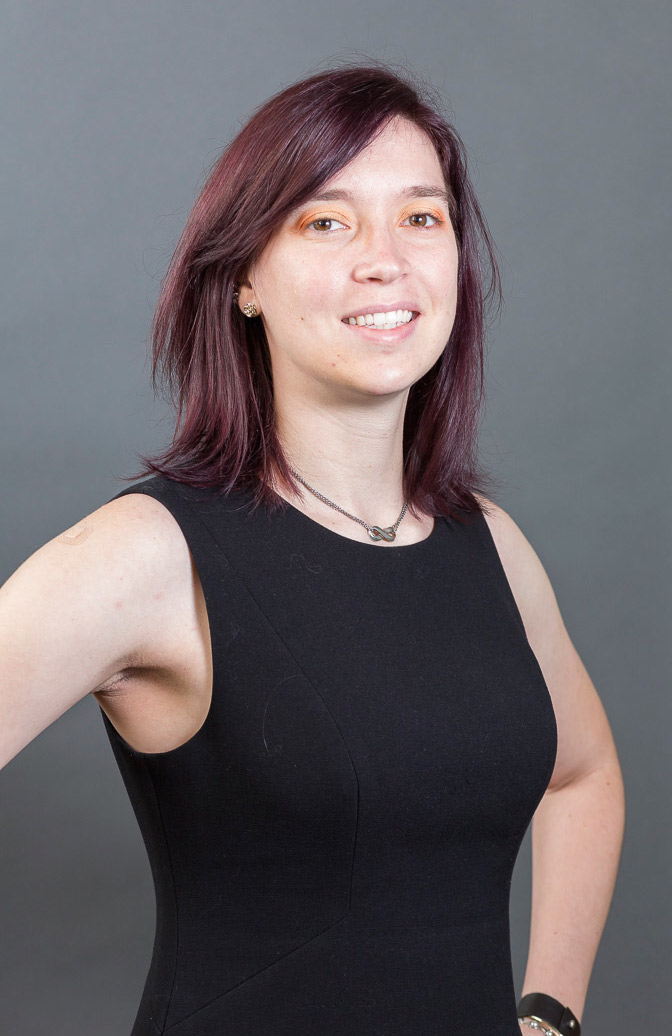 |
Katherine Kinnaird: Katherine M. Kinnaird researches the dimension reduction problem, representing high-dimensional and noisy sequential data as a low-dimensional object that encodes relevant information. She applies her work to tasks from the interdisciplinary field of Music Information Retrieval (MIR), such as locating the chorus of a given musical song or finding all copies of a particular recording of a song. Katherine earned her Ph.D. at Dartmouth College from the Department of Mathematics in 2014. Currently, Katherine is a Data Sciences Postdoctoral Fellow at Brown University, affiliated with the Division of Applied Mathematics, and previously she was a Visiting Assistant Professor in the Department of Mathematics, Statistics, and Computer Science at Macalester College, where she was the founder and Principal Investigator for the Data Science TRAIn Lab. Katherine serves as the President of the Executive Board of the annual Women In Machine Learning Workshop, co-located with Neural Information Processing Systems, a top machine learning conference. |
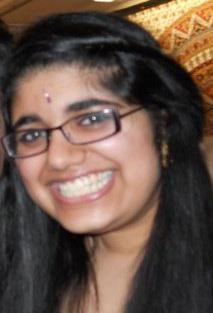 |
Siddhi Krishna: Siddhi Krishna is a 3rd year PhD student at Boston College. As an undergraduate at Brandeis University, she studied math and economics, with the intention of pursuing further studies in behavioral economics. After graduating with her Bachelor's degree, however, she realized there was so much more math to learn, and returned to Brandeis to advance her math background. Now, at Boston College, Siddhi studies low-dimensional topology and knot theory. Siddhi strongly believes that mentorship has played a key role in her academic and personal development, and tries to "pay it forward" by engaging in mentoring opportunities herself. This summer, she will be a returning faculty member at the Bridge to Enter Advanced Mathematics program in New York, which exposes middle schoolers from low-income communities to high school and college level mathematics. |
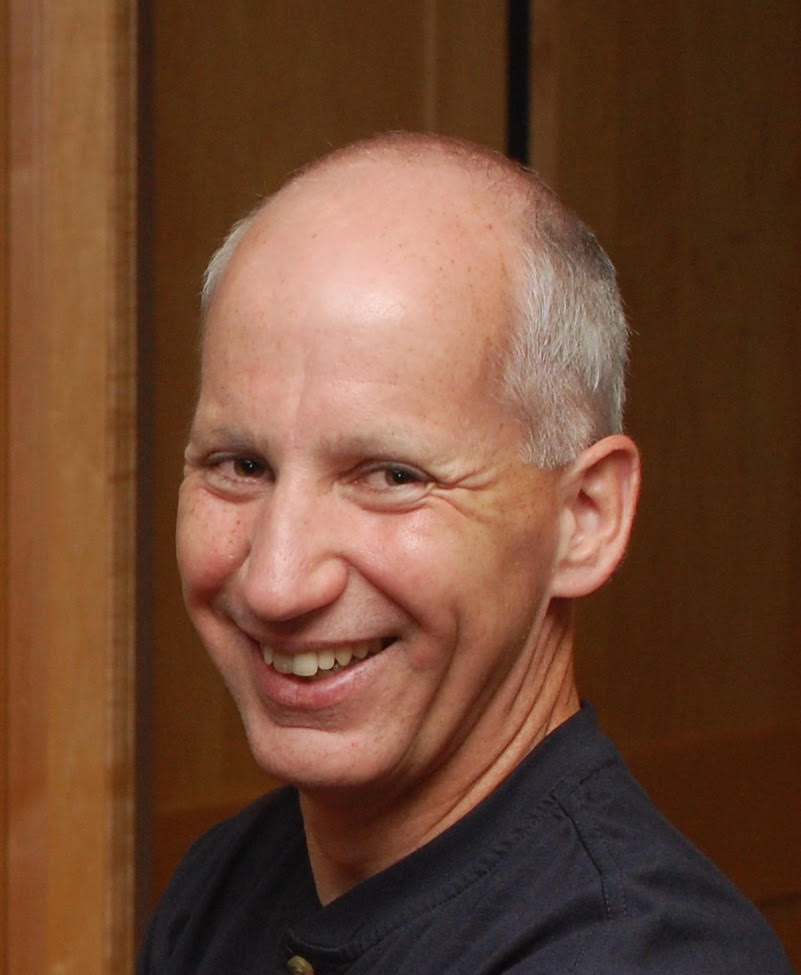 |
Bjorn Sandstede: Bjorn Sandstede is a Professor of Applied Mathematics in the Division of Applied Mathematics at Brown University. Sandstede received his PhD from the University of Stuttgart, held postdoctoral fellowships at the Weierstrass Institute and Brown University, and faculty positions at the Ohio State University and the University of Surrey. Sandstede received an Alfred P Sloan Research Fellowship, the SIAM JD Crawford Prize, a Royal Society Wolfson Research Merit Award, the Elsevier Jack Hale Award, and the Philip Bray Award for Teaching Excellence; he is also a Fellow of the Society for Industrial and Applied Mathematics (SIAM). Sandstede’s work focuses on applied dynamical systems, nonlinear waves and patterns, and applications to biology. |
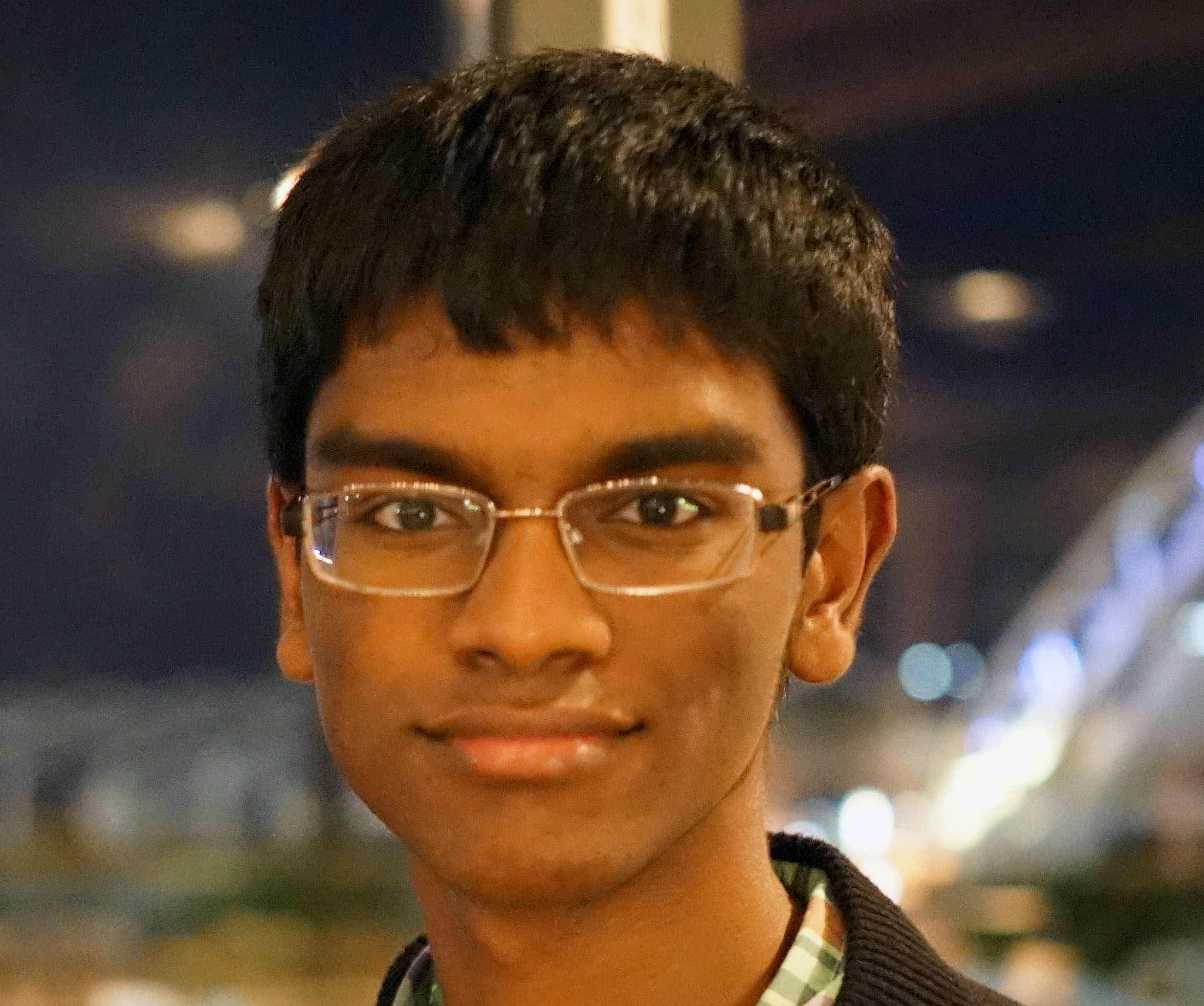 |
Vikram Sundar: I am a current junior at Harvard University, majoring in math and physics and planning on pursuing an MD/PhD post-graduation. While at Harvard, I co-founded Harvard's Gender Inclusivity in Math, an organization dedicated to reducing the gender gap in Harvard's math department. My research interests currently lie in computational chemistry, specifically in the development of force fields to model small molecules in computational simulations. |
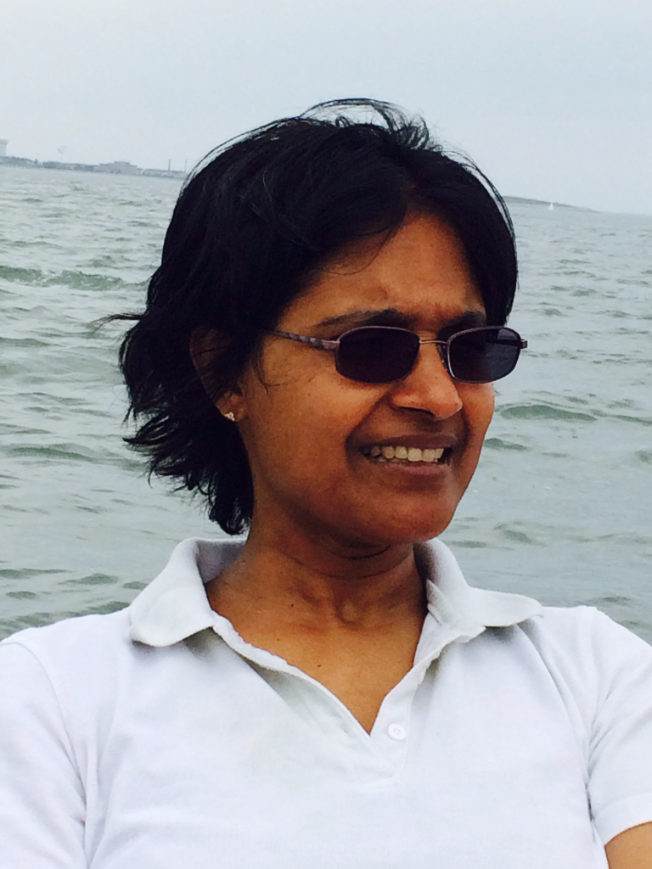 |
Lalitha Venkataramanan: Lalitha Venkataramanan is a Scientific Advisor at Schlumberger Doll Research and is based in Cambridge, MA. She has worked in the field of measurement inversion and interpretation for over 18 years. She has managed a research program on inversion of multiple measurements to estimate rock and fluid properties. Her research interests include forward modeling and inversion of nuclear magnetic resonance, dielectric and optical measurements obtained from downhole and laboratory data as well as optimization, optimal experimental design and probability and stochastic processes. Trained as an Electrical Engineer, she obtained her M.S and Ph.D. degrees from Yale University in 1998. She has over 10 granted patents and 15 pending patent applications, over 25 refereed Journal papers. She has given several invited presentations about her work at Universities and organized panel discussions and workshops for careers outside academia. She is a board member of SIAM industry committee. |
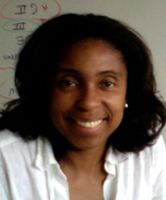 |
Ulrica Wilson: Ulrica Wilson is an Associate Professor of Mathematics at Morehouse College. She is ICERM's Associate Director of Diversity and Outreach. In this role, Ulrica provides leadership in meeting institutional diversity goals: ensuring diversity throughout ICERM's programs, assisting in the development of policies and procedures, participating in national meetings and conferences, and helping to identify and obtain funding for programs and activities. |
Registration
WINRS will accept contributions in the form of a fifteen minute talk or a poster from all areas of mathematics, applied mathematics, and statistics.
Please note that the number of slots for talks is limited and applications are competitive. We have a limited number of electronic posters available in the form of large screens for the poster session. The screens can be used to show a poster with moving videos. You will be required to bring a laptop or other device to connect to the screen.
Registration is now closed. Please email awm@brown.edu if you would still like to attend.
Deadlines
February 8: Submission deadline for talks, electronic posters, and consideration for conference funding.
February 15: Submission deadline for paper posters and registration deadline for lunch. Applications for funding are no longer being considered.
Travel logistics
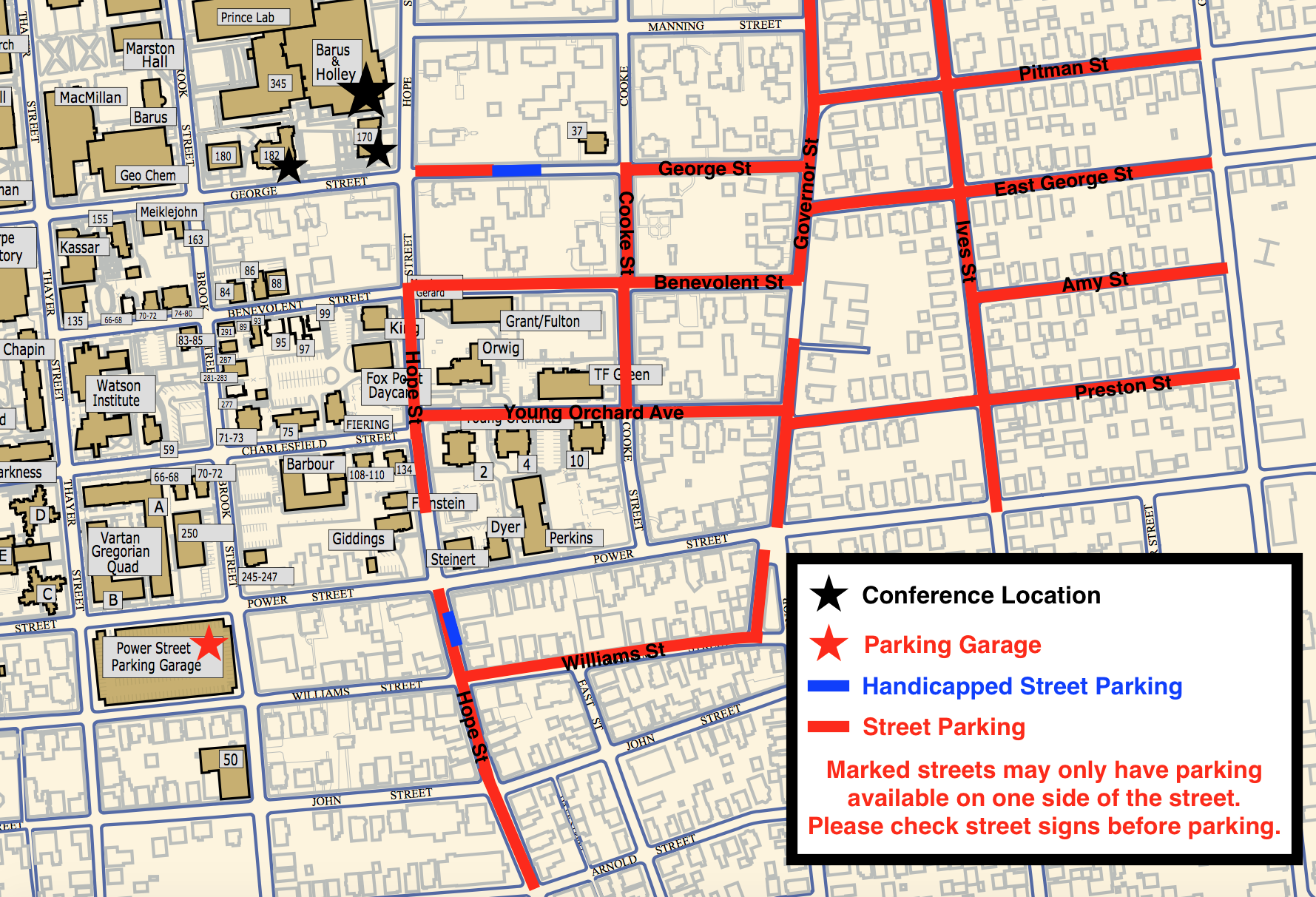
Brown University is located in Providence, RI, and is accessible by MBTA commuter rail, Amtrak, Peter Pan bus, or car. Registration will take place in the Division of Applied Mathematics building at 170 Hope Street. Free street parking is available near the conference venue (see map.)
Amtrak has a 15% student discount for students less than 26 years old. To take advantage of the discount tickets must be purchased in advance.
The Brown University campus is a 15-25 minute walk from the train and bus stations in downtown Providence.
For those spending the night in Providence, a list of local hotels can be found on the ICERM website.
If you are parking on the street, please check posted signs carefully as parking is enforced on the weekends. If you prefer to park in a parking garage, information about visitor parking is available here.